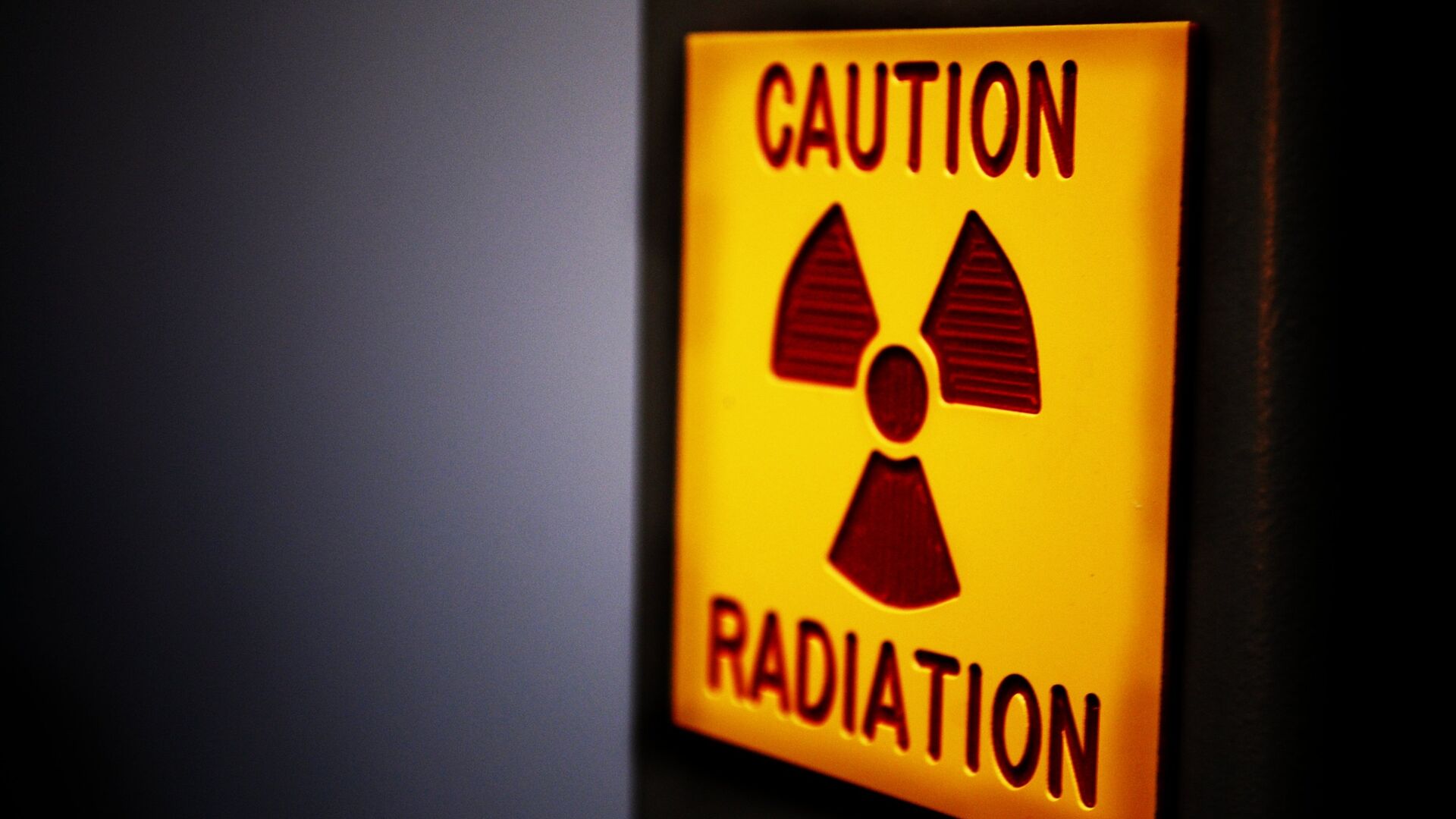https://sputnikglobe.com/20230128/who-urges-countries-to-stockpile-in-case-of-nuclear-emergency-1106781059.html
WHO Urges Countries to Stockpile Medicines in Case of Nuclear Emergency
WHO Urges Countries to Stockpile Medicines in Case of Nuclear Emergency
Sputnik International
the World Health Organization has updated its list of medicines and drugs
2023-01-28T07:16+0000
2023-01-28T07:16+0000
2023-01-28T10:54+0000
world
world health organization (who)
radiation
drugs
https://cdn1.img.sputnikglobe.com/img/102599/31/1025993184_0:177:2896:1806_1920x0_80_0_0_7e9cb786b4f61e1c3411cf366363acac.jpg
On 27 January, the World Health Organization updated the list of medicines and drugs it recommends be used to treat exposure to radioactive and nuclear emergencies, for the first time since 2017, which the WHO spokeswoman Margaret Harris said took more than two years to prepare.According to Dr Maria Neira, WHO’s acting assistant director-general, it is important for nations to have “ready supplies of life-saving medications that will reduce risks and treat injuries from radiation.”These treatments "prevent or reduce exposure to radiation" and are also used for treatment if such exposure occurs.According to the WHO, many countries lack the essential preparedness for emergencies. Among the "potential scenarios" for such emergencies are accidents at nuclear power plants, medical or research facilities, while radioactive materials are being transported, and the deliberate use of such materials with malicious intent.
Sputnik International
feedback@sputniknews.com
+74956456601
MIA „Rossiya Segodnya“
2023
News
en_EN
Sputnik International
feedback@sputniknews.com
+74956456601
MIA „Rossiya Segodnya“
Sputnik International
feedback@sputniknews.com
+74956456601
MIA „Rossiya Segodnya“
nuclear emergencies, lifesaving medicines
nuclear emergencies, lifesaving medicines
WHO Urges Countries to Stockpile Medicines in Case of Nuclear Emergency
07:16 GMT 28.01.2023 (Updated: 10:54 GMT 28.01.2023) These days, people's great fear as global tensions worsen is of nuclear armageddon. As the situation deteriorates, people turn their attention to the emotional crisis surrounding them.
On 27 January, the World Health Organization updated the list of medicines and drugs it recommends be used to treat exposure to radioactive and nuclear emergencies, for the first time since 2017, which the WHO spokeswoman Margaret Harris said took more than two years to prepare.
According to Dr Maria Neira, WHO’s acting assistant director-general, it is important for nations to have “ready supplies of life-saving medications that will reduce risks and treat injuries from radiation.”
“In radiation emergencies, people may be exposed to radiation at doses ranging from negligible to life-threatening. Governments need to make treatments available for those in need – fast,” Neira said.
These treatments "prevent or reduce exposure to radiation" and are also used for treatment if such exposure occurs.
According to the
WHO, many countries lack the essential preparedness for emergencies. Among the "potential scenarios" for such emergencies are accidents at nuclear power plants, medical or research facilities, while radioactive materials are being transported, and the deliberate use of such materials with malicious intent.


